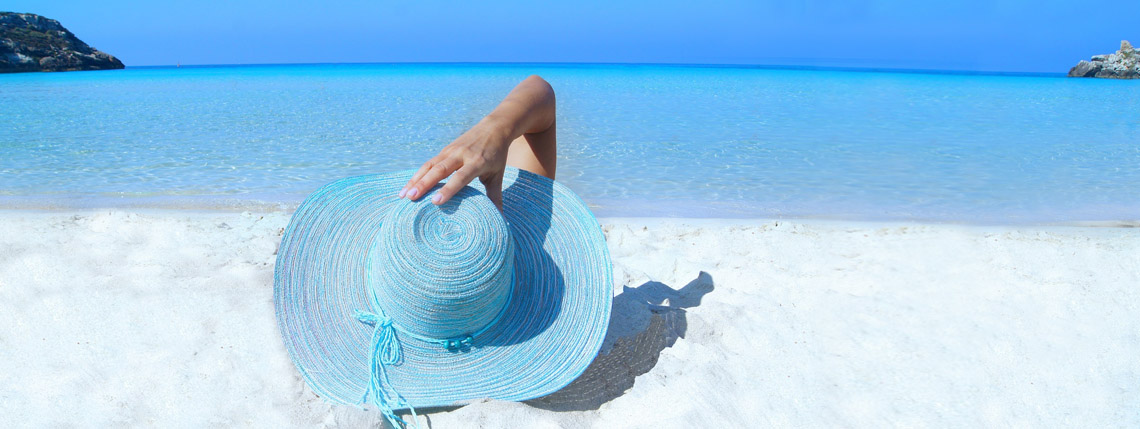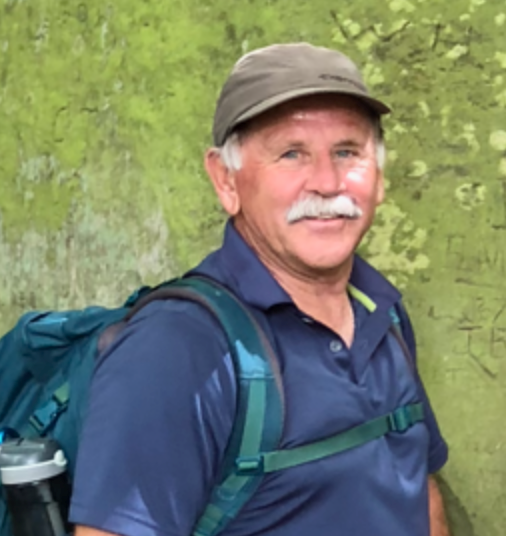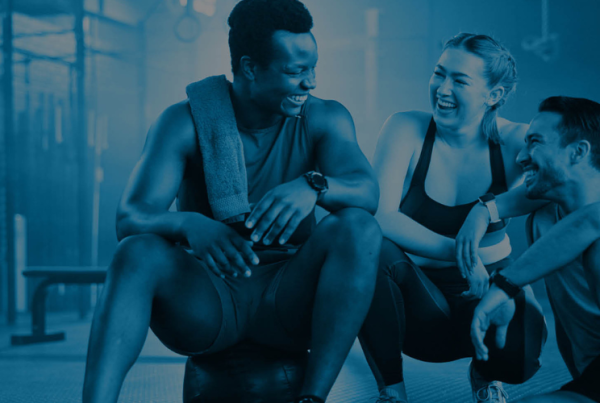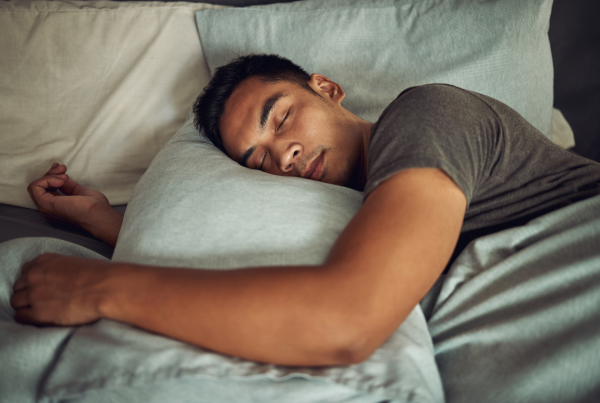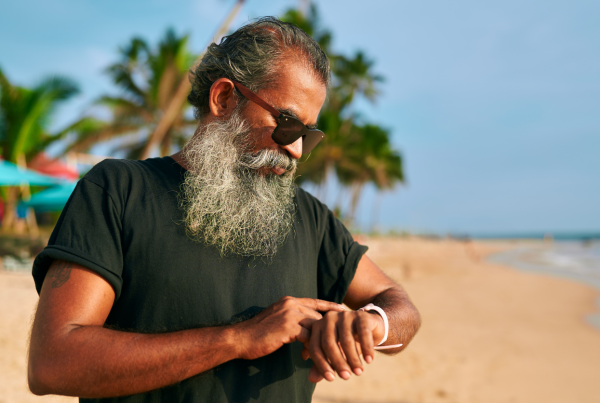Excited about your upcoming summer holiday, but concerned about how a break from your cardiovascular exercise programme may affect your overall fitness levels? Dr Paul Batman explores how taking a break from exercise can affect individuals in different ways based on their current fitness levels.
When people start a cardiovascular (CV) fitness programme, they are sometimes under the illusion that they will get fit quickly and, once they have improved their CV fitness levels, they can stop and go back to their previous sedentary habits. They don’t realise that it takes time and commitment to get CV fit, and then a longer time to maintain their improved fitness level.
The sad reality is that, once they stop training, their CV fitness can be lost at a faster rate than it took to gain.
Cardiovascular fitness causes major changes in the heart, blood, blood vessels, organs and the skeletal muscle. The greater the changes in cardiovascular fitness, the fitter we become. In other words, our maximum aerobic fitness (VO2max) will increase proportionally to these major changes.
The interesting point is that fitter people who have been training for some years and have a higher VO2 max (>55ml.kg.min-1) have more to lose than those who are regarded as moderately fit (<55ml.kg.min-1).
So what happens to our fitter friends if they decide to go on a four-week holiday and choose to relax, eat, drink, and generally laze around without any exercise?
After three weeks of sun and surf they can potentially lose 7-11% of their maximum aerobic fitness (VO2max). This is a rapid decline in a relatively short period of time. After three weeks, the decline will not be as rapid, but will still decline, eventually slowing down.
In our moderately trained group, a four-week holiday will only cause a small decline in VO2max.
Apparently, the difference between the two groups is due to the greater heart action in the trained group than the moderately trained group. The first training response lost in a detraining scenario is a reduction in the heart’s ability to pump blood per beat (stroke volume), ultimately causing a reduction in the amount of blood the heart can pump per minute (cardiac output). With less blood being pumped, less oxygen is carried to the muscles, causing a decline in the muscle’s ability to generate aerobic energy.
In other words, the trained group is more susceptible to a loss in heart function than the moderately trained group has yet to gain. We can see this when the trained group take their basal heart rate in the morning when compared to the moderately trained group.
In a trained group, the resting heart rate will start to increase after the first 7-10 days of rest, while the moderately trained group will generally present with a similar resting heart rate. The increase in resting heart rate indicates that the heart’s ability to pump out blood per beat is decreasing more rapidly in our trained friends.
After the changes in heart action, other changes occur at a slower rate for both groups. For example, the blood flow to the muscle remains the same until approximately 12 weeks of rest, where the moderately trained group will start to lose more than the trained group. The activity of enzymes that speed up many of the chemical reactions start to decrease at about three weeks, making it hard for the powerhouse of the cell to make aerobic energy.
So what are our options if we are going on holiday and want to maintain our cardiovascular fitness?
There is always the option of training normally while on holiday. Train at least twice per week using a HITT training protocol for approximately 30 minutes. You can use any mode of training – bike, stepper, treadmill, etc.
Pay attention to what is eaten to avoid any weight gain. Weight gain will cause a decrease in relative VO2max due to the increase in bodyweight.
Train very hard every day for the 5-7 days before the holiday, without significant recovery. This places the body into an overreaching state where recovery will take at least 7-10 days, and then train with HIIT once per week for the next two weeks.
So when we are resting on the beach, our body is still recovering from our overreached state rather than being fully recovered and ready to start taking our hard-earned cardiovascular responses away from us. We should make the most of our break and look forward to regaining our lost CV fitness when we get back. The reversal of regaining our CV fitness is generally faster than when we initially started on our fitness journey.
If we are moderately trained, other than watching weight gain, there is little to be concerned about as the low- to moderate-intensity movements of swimming, strolling, playing golf, surfing and paddling will all contribute to maintaining our CV fitness. Sadly, this might not be the case for our well-trained friends.


